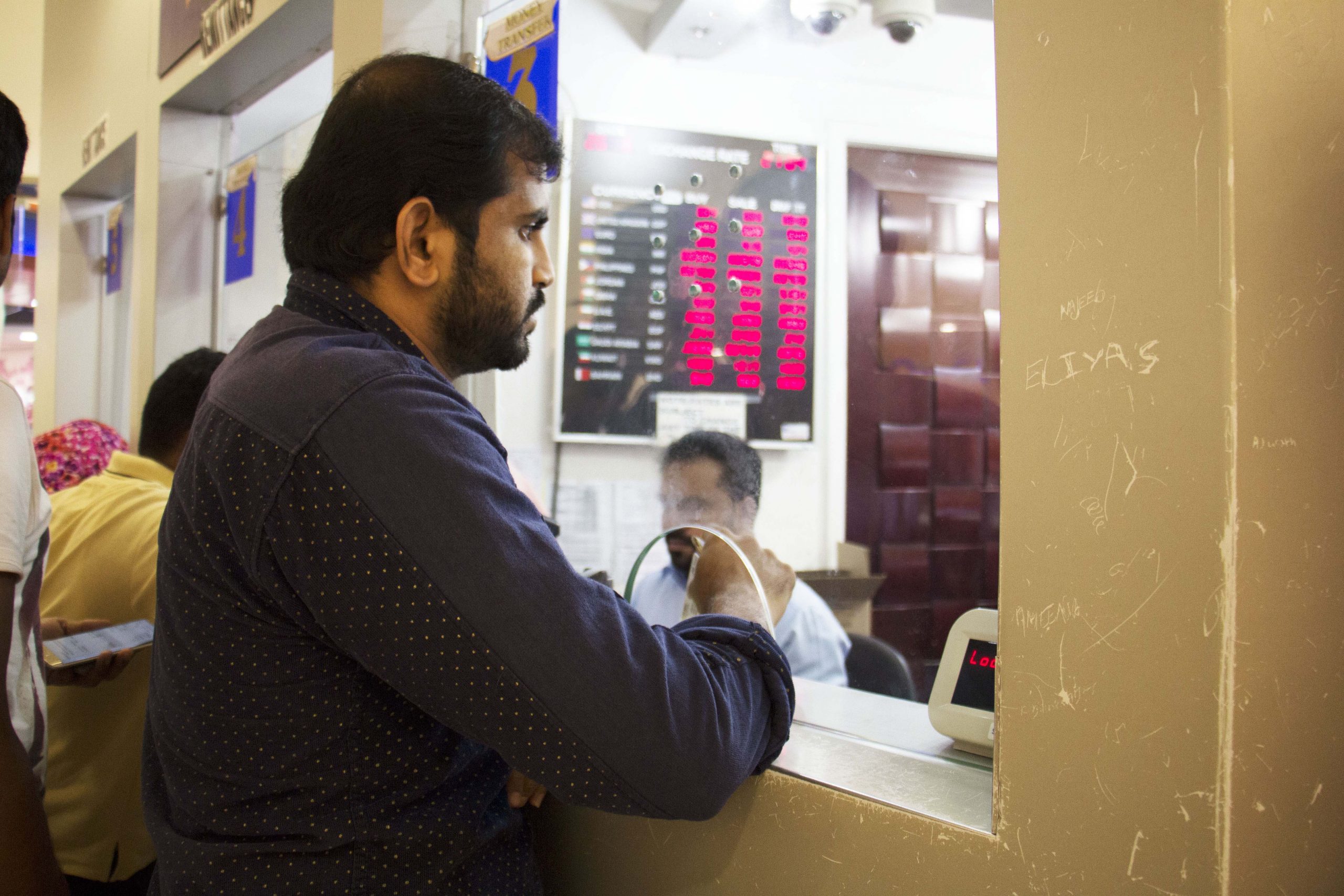
Nearly 40,000 companies in Qatar have adopted the new Wage Protection System (WPS) in the past year, the labor ministry has announced.
This means more than 85 percent of Qatar’s workforce – or some 1.8 million people – are now being paid their salaries electronically, the Government Communications Office said.
However, more than 300,000 salaried employees continue to wait for WPS to be implemented at their companies.

Many of them have previously said they can’t afford to comply with the law.
But according to the labor ministry, these 6,700 firms are expected to adopt the system soon, with pressure from government inspectors.
Paper trail
Qatar’s Emir signed WPS into law in February 2015, and it came into effect in November of that year.
The move was designed to address a long-standing complaint among low-income workers in Qatar about late or unpaid wages.
In a statement marking the one-year anniversary of WPS, Minister of Administrative Development, Labor & Social Affairs Dr. Issa bin Saad Al-Jafali Al-Nuaimi said:
“Throughout the world, some employers use cash-in-hand payment to exploit low-income workers.
Through the implementation of the Wage Protection System, Qatar has introduced a paper trail that ensures greater transparency and greater protections for workers at risk of being cheated out of full financial compensation for their efforts.”
According to the labor ministry, some 385 violations have so far been issued against companies that have adopted WPS, but failed to pay salaries on time.
Penalties include fines of QR2,000 to QR6,000, and up to one month in jail.
Additionally, labor complaints have dropped in the past several months, compared to last year.
Cash crunch
However, contractors have said the implementation of WPS brings to light a longstanding payment crisis across the country.
For WPS to truly work, clients need to pay companies on time before they can in turn pay their staff, some managers told Doha News this summer.

The current system can be improved by getting both parties to adhere to internationally certified contracts, one entrepreneur suggested.
Another businessman urged the government to impose strict legal penalties on clients who delay payments.
Thoughts?







